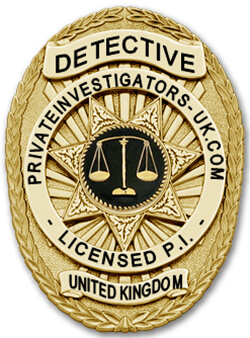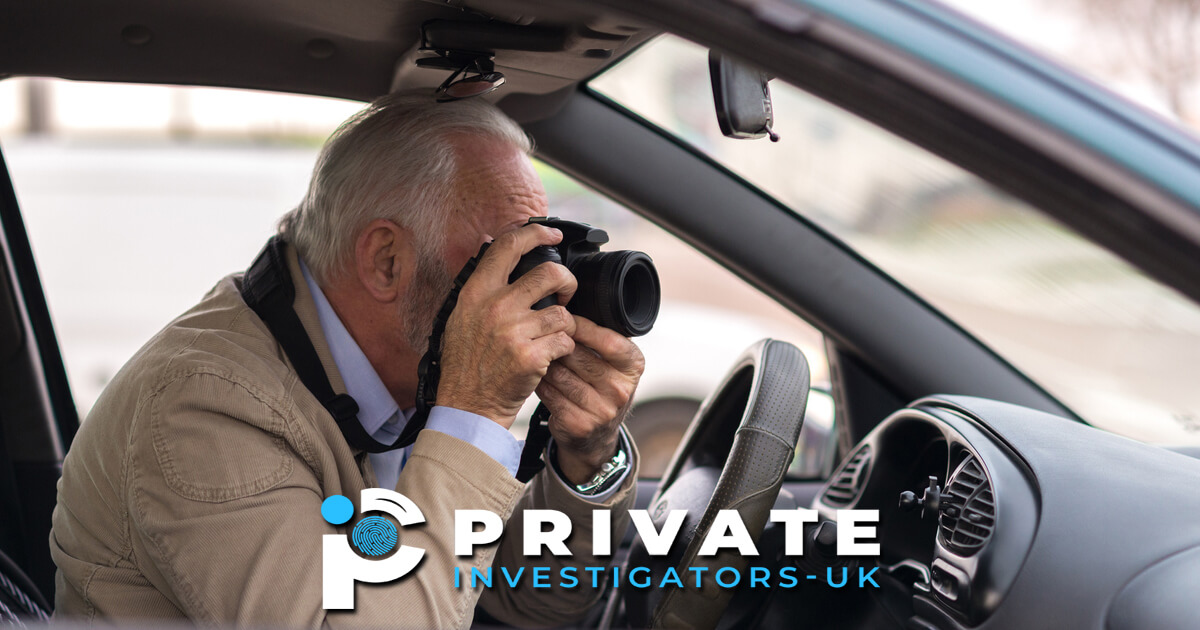What Powers Do UK Private Investigators Have?
May 2, 2022 - Reading time: 9 minutes
Updated on: September 4, 2025
As one of the UK's leading detective agencies, we regularly encounter misconceptions about the powers and services of private investigators. TV shows and films often portray our work dramatically, which leads to public misunderstandings about what we can actually do under UK law.
This article clears up the myths and explains what private investigators in the UK can – and cannot – do.
Can private investigators arrest people?
No. UK private investigators have no special powers of arrest. Our rights and responsibilities are the same as any member of the public.
Do private investigators carry badges?
Some investigators carry ID cards or company-issued badges to confirm their role. This is not legally required, but reputable agencies provide proof of identity when asked.

Can private investigators hack into social media accounts?
No. Hacking into private accounts, emails, or phones is illegal. What we can do is OSINT (Open-Source Intelligence): investigating using information already in the public domain. This might include checking dating profiles, finding secondary social media accounts, or linking public data leaks with names and emails.
Can private investigators follow people?
Yes, surveillance is legal provided it does not become harassment or trespass. It is often used for:
- Suspected infidelity
- Personal injury claim verification
- Hidden asset checks in divorce
- Corporate investigations like workplace theft or fly tipping

Can private investigators gather evidence?
Yes. Evidence gathering is a core service. Properly collected photographs, logs, and witness statements can be vital in court or private disputes. Investigations are carried out impartially and documented to professional standards.
Can private investigators install GPS trackers?
Yes, usually where the client owns or jointly owns the vehicle. GPS trackers provide live data so investigators know when and where to focus surveillance. This reduces costs and captures stronger evidence. Learn more about GPS trackers here.
Can private investigators install or detect bugs?
This is a sensitive area. In some cases it may be lawful to install hidden microphones or cameras - but only after a careful case review. Every situation must undergo what’s known as a Legitimate Interest Assessment (LIA) before any such device is considered. This ensures the deployment is proportionate, justified, and compliant with UK privacy laws.
For more detailed guidance, see our article: Are Hidden Listening Devices Legal in the UK?
Separately, we also offer bug sweeping services to detect and remove any unauthorised hidden devices. These sweeps use specialist equipment to identify cameras, microphones, and trackers in homes, cars, or workplaces.

Can private investigators serve legal documents?
Yes. Process serving is a standard PI service. Documents include:
- Divorce papers
- Court summons
- Non-molestation orders
- Statutory demands and bankruptcy petitions
Private investigators ensure documents are served correctly and provide Statements of Service for court.
Can private investigators access criminal records?
No. Investigators cannot access police or government databases. Criminal records are confidential. What we can do is research open-source information like court listings, news reports, and public registers. Combined with OSINT, this builds a clear profile without breaking the law.
Contact PrivateInvestigators-UK
If you need surveillance, GPS tracking, process serving, bug sweeps, or OSINT background checks, our team can help. Visit our homepage or get in touch for a confidential consultation.
Related articles
- GPS tracker FAQ: Is it legal to fit GPS trackers in the UK?
- Can private investigators trace IP addresses?
- Can private investigators hack phones or social media?
You are reading the PrivateInvestigators-UK blog — home to the UK's leading detective agency. Learn more about us by visiting our homepage PrivateInvestigators-UK.com.